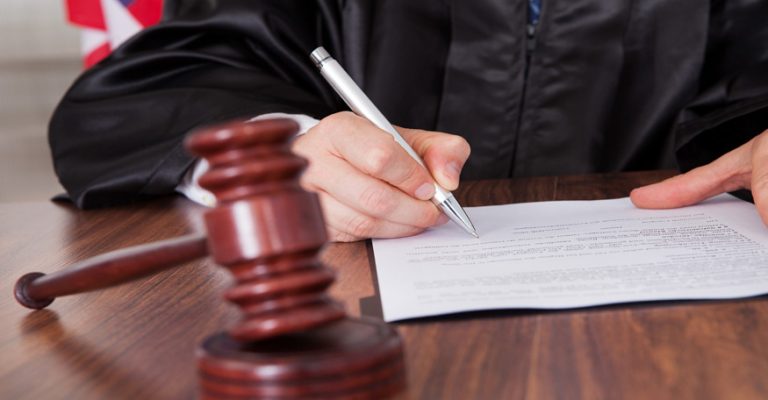
For those of us who have chosen to devote our lives to protecting normal, everyday Americans from the people who would lie, cheat, and harm them, a noticeable trend is re-emerging in the law that places responsibilities on a buyer to actively investigate and attempt to uncover the fraud of a seller in order to be able to file a lawsuit seeking recompense for being defrauded. Everyone who went to law school and took Property as a 1-L remembers the ancient English doctrine of “caveat emptor”, or “let the buyer beware”. For the last century, Florida courts have consistently rejected the doctrine of caveat emptor in cases of fraud, expressing the common-sense idea that the burden should be on the person committing fraud to pay for the damage wrought, not on the defrauded party to absorb the cost of being fooled. As the Florida’s Fifth District Court of Appeals said twenty years ago: “caveat emptor [does] not bar a claim for fraud.”
But in recent years, that position has been on the retreat. Two years ago, in a case called Billington v. Ginn-La Pine Island, Ltd., the Fifth District broke with seventy-five years of law from the Florida Supreme Court that “a party cannot contract against liability for its own fraud.” Put a little more simply, what the Florida Supreme Court said in 1941—and the consensus ever since—is that a fraudster cannot put a boilerplate term in its contract which, unknown to the fraudster’s victim, shields the fraudster from liability. In Billington, the Fifth District departed from that long-held rule and decided that a well-placed sentence in a contract could allow a fraudster to insulate itself from a lawsuit for fraud, offering only the hollow comfort that unsuspecting parties “can protect themselves against such fraudulent practices by respecting the gravity inherent in the contracting process.” Whatever that means.
Two weeks ago, the Fifth District dealt another blow to victims of fraud and breathed new life into the long-forbidden application of caveat emptor to fraud claims. This newest case, Winfield Investments, LLC v. Pascal-Gaston Investments, LLC, challenges a trilogy of Florida Supreme Court cases, the most recent being 2010’s Butler v. Yusem. In Butler, the Florida Supreme Court held that, to bring a lawsuit for fraud, a fraud victim only needs to show that he or she relied on fraudulent statements and that that reliance caused harm.
In Winfield Investments, it was undisputed that the fraud victim had relied on the fraudulent statements and that reliance had caused harm. Under Butler, that should have been the end of the discussion. But in finding for the fraudster and against the fraud victim, the Fifth District instead opined that the Florida Supreme Court was unclear in Butler when it stated: “Justifiable reliance is not a necessary element of fraudulent misrepresentation.” The Fifth District said instead that because the fraudulent statement could have been disproven had the fraud victim searched in information available in the public record (i.e. searching the county property appraiser’s records of recorded mortgages), the fraud victim’s failure to do so means they cannot bring a lawsuit for fraud.
The question remains—a question the Florida Supreme Court may soon be called on to answer—what should the law be? On one hand, it seems reasonable that parties entering into a contract should have to use due diligence to make sure their counterparts are telling them the truth. On the other hand, perhaps the better question is upon whom we should place the burden: the would-be victim to unearth the lie, or the would-be fraudster to tell the truth in the first place? Perhaps the only reason contracting parties have to do so much due diligence is because Florida law does not do what the law itself was created centuries ago to do—to protect normal people from the greed and violence of the powerful. As the same Fifth District said a quarter-century ago, the law of fraud should not “require that an aggrieved party have proceeded from the outset as though he were dealing with thieves.” But if Billington and Winfield are any indication, people signing contracts in East-Central Florida would be well advised to pay close attention to what their signing and diligently search their local public records for indicators of fraud. Their case may depend on it.
